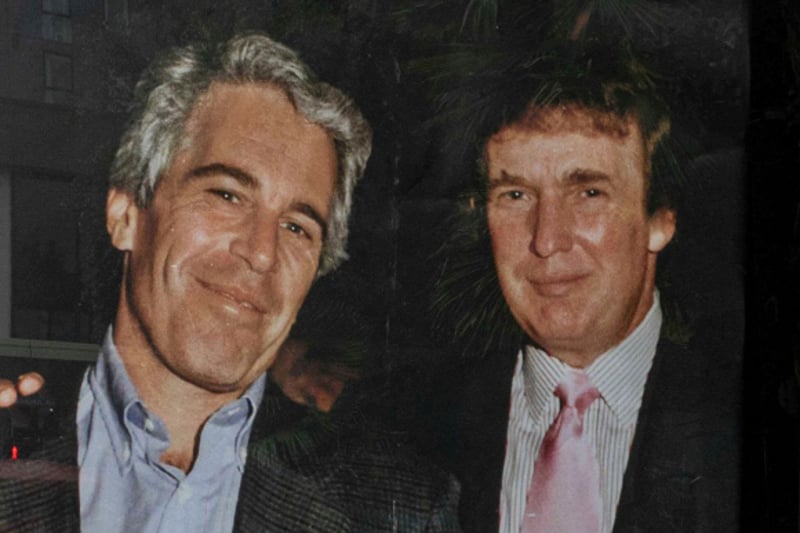The Justice Department has confirmed that it will begin handing over sensitive documents related to Jeffrey Epstein to Congress. Rep. James Comer, a Republican from Kentucky, announced that the agency had promised to start the process by the end of the week.
Justice Department Agrees to Provide Files
According to Comer, the commitment means DOJ to begin sharing Epstein files in response to a subpoena issued by the House Oversight subcommittee last Friday. The committee demanded access to materials that could shed light on Epstein’s activities, his associates, and previous investigations into his crimes.
Comer also explained that the Justice Department has many records under its control. Before releasing them, the agency must carefully review the documents. This process includes redacting names of victims and removing any child sexual abuse material to ensure the privacy and safety of those involved.
🎾 Martina Navratilova blasts Trump over Epstein secrecy — “He knows what he’s done”
He noted that transparency was important and said that the American public deserves to know more about what is inside these files. With DOJ to begin sharing Epstein files, it marks a rare opening of records tied to one of the most controversial cases in recent memory.
Subpoenas and Pressure on the Justice Department
The move comes after weeks of rising pressure from Congress. Earlier this month, Comer issued subpoenas demanding the release of Epstein-related records. The Justice Department was facing a deadline to comply by Tuesday, and Monday’s announcement made clear that DOJ to begin sharing Epstein files before that cut-off date.
The department itself has not issued a detailed public statement on the matter. However, the confirmation from Comer highlights that action is now underway.
DOJ Document Exposes Explosive Epstein Files and Trump Family Links
The subpoenas also went beyond just requesting the records. The committee demanded that several well-known figures who either connected to Epstein or investigated him in the past provide testimony or documents. This included former U.S. attorneys general from both Democratic and Republican administrations, along with political names such as Bill and Hillary Clinton.
By issuing these subpoenas, the House Oversight subcommittee increased the political and public pressure on the administration. The case has been the focus of widespread attention, and the decision for DOJ to begin sharing Epstein files represents a response to those growing demands.
Sensitive Records and Redaction Process
The records expected to be shared are believed to be extensive. Epstein, who died in jail in 2019 while awaiting trial on federal sex trafficking charges, left behind a large collection of investigative files. These include reports from law enforcement, interviews, and materials gathered over years of probes.
The Justice Department has explained that it must carefully go through these records. Victims’ identities will be protected, and any sensitive information will be removed. Despite this lengthy review, officials have made clear that DOJ to begin sharing Epstein files by the end of the week.
This step is significant because it opens up long-guarded documents connected to a case that has involved high-profile and powerful individuals across politics, business, and global society. The department has not yet confirmed exactly how many documents it will release or the exact timeline for delivery, but its confirmation that DOJ will begin sharing Epstein files already marks a key development.
📢 Democratic lawmakers urge House Oversight to hear directly from Epstein survivors
The move also addresses criticism directed at the administration for not releasing materials tied to the investigation earlier. For many observers, the fact that DOJ to begin sharing Epstein files under congressional order reflects the seriousness with which lawmakers are treating the matter.
As of now, the Justice Department is preparing the first batch of documents. Officials expect the review and redaction process to continue. The DOJ has confirmed it will begin sharing Epstein files within days. This marks a turning point in congressional oversight of the case.

